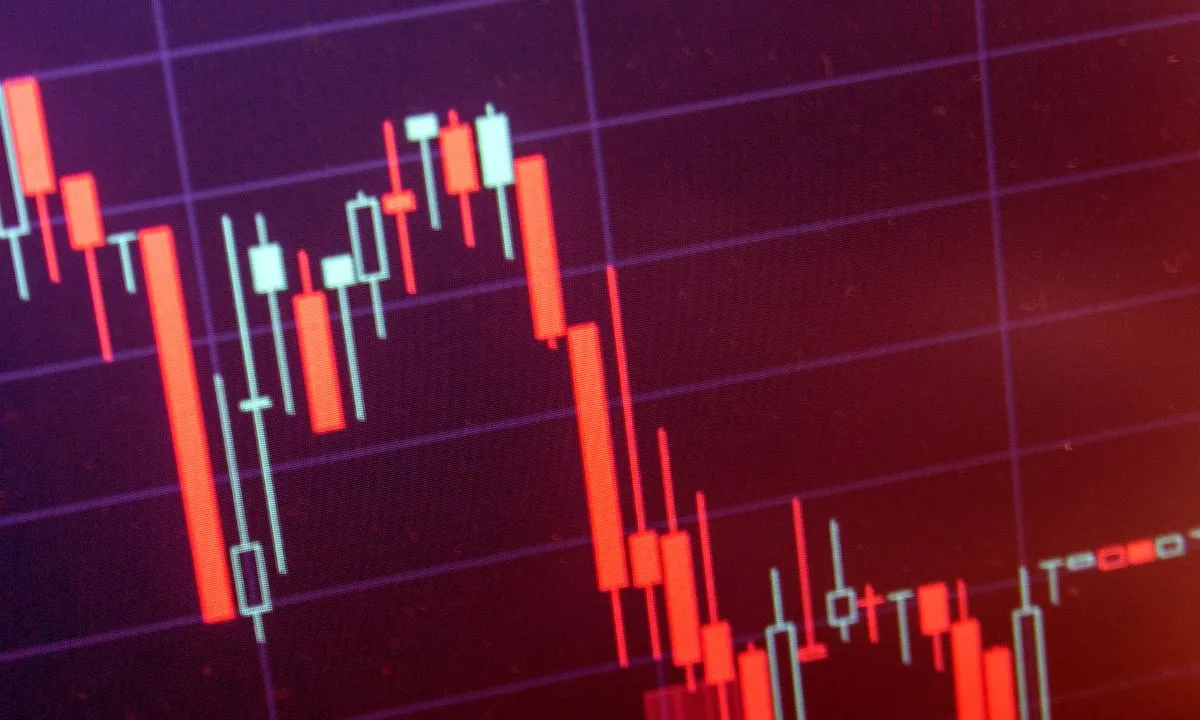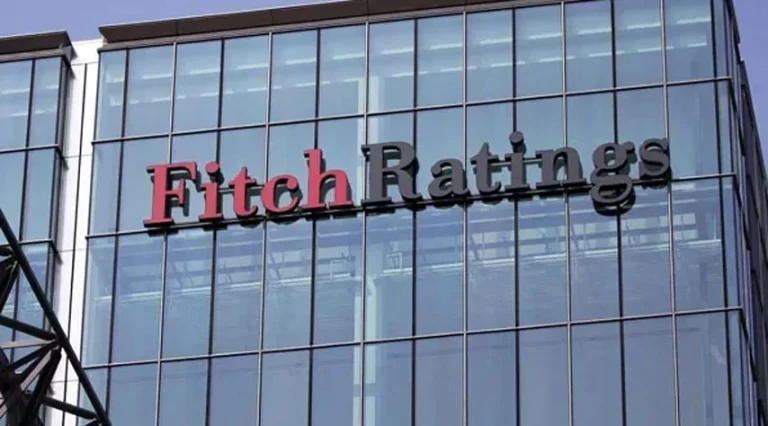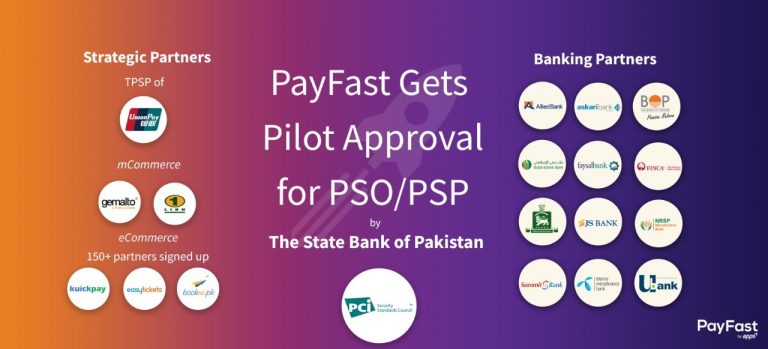KSE 100 Index Drops Amid Tax Hike Rumors
By Newztodays Team
A volatile session was observed at the exchange, with the index declining to an intraday low of -2,081 points, largely on rumors that the upcoming budget for FY25 might increase the Capital Gains and Dividend Tax rates to match standard personal or corporate income tax rates.
This included the potential rise of the maximum personal income tax slab to 45%.
However, as the day progressed, better sense prevailed, and investors accumulated shares, anticipating a cut in the policy rate by 100-200 basis points at the upcoming monetary policy meeting on Monday.
Additionally, the increase in the capital market tax is still a rumor (with the market already down by -2.8% on a WoW basis).
The KSE 100 Index finally settled at 73,754 points (down by -0.15%). MEBL, PPL, HBL, MCB, OGDC, and UBL lost value, dragging the index down by 302 points.
The traded volume and value for the day stood at 559 million shares and Rs. 20 billion, respectively.
Weekly Review
The KSE 100 Index declined by -2.8% on a WoW basis, attributed to investors’ concerns regarding expected austerity and additional taxation measures by the government in the upcoming FY25 budget. Other significant developments during the week included:
CPI inflation for May 2024 clocked in at 11.76% YoY, compared to 17.34% in April 2024, marking the lowest reading in the last 29 months since November 2021.
The trade deficit for May 2024 declined by 15% MoM to US$2.1 billion.
Foreign remittance for May 2024 amounted to US$3.2 billion, up by 15% MoM and 54% YoY.
The average daily traded volume and value for the week stood at 423 million shares and Rs. 17 billion, respectively.
The Pakistan stock market has lost 2.3%, or 1,764 points, over the last seven sessions amidst fears of an increase in the Capital Gains Tax (CGT) or dividend tax.
There is also a rumor that the government may consider changing the treatment of these taxes from full and final tax to normal tax for certain investors.
We have already highlighted this concern in our Pre-Budget Report released on June 1, 2024, titled “Pakistan Federal Pre-Budget FY25 – Strict Measures Needed to Get IMF Loan,” stating, “To meet high tax targets, the government may increase tax on dividends, capital gains, and interest income.
This, along with any change in the status of these taxes from full and final to normal tax, will affect the net returns of stock market investors.”
Analysis of Past Changes in CGT and Dividend Taxes
Based on our analysis of changes in CGT and dividend taxes in past budgets (FY15, FY16, and FY18), the market reaction to these changes was not significant except for FY18, where the market declined 6% post-announcement of the budget, coinciding with MSCI reclassification from frontier to emerging markets, resulting in a net outflow of US$133 million in May and June 2017 (budget announced on June 9, 2017).
FY15: CGT increased by 250 bps to 12.5% with no change in dividend tax. Post-announcement, the stock market fell by 0.61% in 10 sessions (intra 10-day low: -1.7%).
FY16: Increase in CGT and dividend tax by 250 bps. The market ended up with a return of 1.5% in 10 days after the announcement of the budget after falling 1.71% during the intra 10 days.
FY18: Introduction of single-tier CGT and an increase in dividend tax by 250 bps. The market fell 5.9% in 10 sessions after the budget.
This decline cannot be wholly attributed to budget measures as MSCI rebalancing/reclassification also coincided with these dates, leading to a market outflow of US$133 million in May and June 2017.
Impact of Change in Tax Treatment on Stock Market and Investors
Individuals:
Over 70% of the market turnover (Rs) is generated by individuals, taxed at CGT of 15% and dividend tax of 15% (assuming tax filer status).
Currently, CGT and dividend tax for individuals are considered full and final. However, there is a proposal that the government may consider changing the treatment of this tax status to a normal tax regime.
Post this amendment, capital gains and dividend income will be added to the total normal income of individuals (e.g., salary, income from business), and the tax rate will be applied based on the applicable tax rate according to income slab.
Currently, banks and insurance companies pay normal tax on dividend income, capital gains, and interest income. However, these companies can deduct their business expenses from this income, effectively helping them manage their tax rates.
If this happens for individuals, it will create a disparity and put extra burden on individuals since expenses are not deducted from their income, meaning they pay taxes on their total turnover (salary, dividends, interest income, etc.).
Practically, this will not work for ultra-high net worth individuals (HNIs), who dominate trading volume as they will shift their trading to corporate accounts where tax rates can be managed by deducting expenses.
This will negatively impact small investors who may end up paying higher taxes on dividends and capital gains.
Companies (including Brokers):
Companies (including brokers) contribute approximately 20% to trading activity at PSX.
This investor category is also under the final tax regime, paying 15% tax on dividends and capital gains.
If this treatment changes to normal tax, it will theoretically increase their tax liability at the time of filing returns as the difference between corporate tax and dividend/capital gain withholding tax will need to be paid/adjusted.SECP Files Criminal Cases against Brokers over Stock Price Manipulation
However, companies with lower profits/higher expenses or companies in loss can benefit from this; the tax liability based on the corporate tax rate of 29% may fall lower compared to the 15% direct withholding tax on interest and dividend income.
Companies may have to file refund claims with FBR if CGT and dividend tax are not classified as minimum tax.
Banks and Insurance
Banks and insurance companies contribute 4-5% to trading activity at PSX, and their capital gains and dividend income are treated as normal income. Hence, this development (if it happens) will have no impact on this category of investors.








